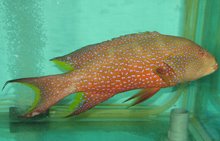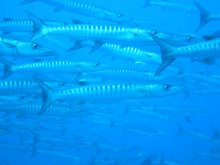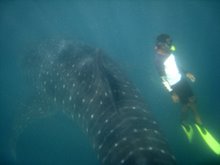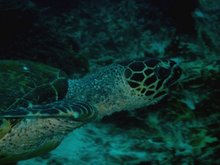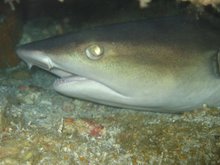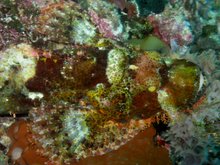- Lamna nasus - Porbeagle
- Sphyrna lewini - Scalloped hammerhead
- Sphyrna mokarran - Great hammerhead
- Sphyrna zygaena - Smooth hammerhead
- Carcharhinus plumbeus - Sandbar shark
- Carcharhinus obscurus - Dusky shark
- Carcharhinus longimanus - Oceanic whitetip
- Squalus acanthias - Spiny dogfish
- Northern Bluefin tuna - Thunnus thynnus
The shark species are all threatened by overfishing for sharks fin soup, for meat consumption and as a result of fishing bycatch. The bluefin tuna is overexploited to feed the worldwide sushi craze..
We hope that these inclusions are accepted and measures implemented as soon as possible. Inclusion of additional shark species (only the whale shark and basking sharks are currently protected) is important, the bluefin tuna is on the verge of complete collapse and efforts to protect this wonderful animal are too little but hopefully not too late.
There are often strong political resistence to expanding the list of protected animals.


